Many delegates are concerned that workers will suffer losses due to the Government's proposal to not provide unemployment benefits in cases of dismissal or disciplinary action.
On November 27, the National Assembly discussed the draft Law on Employment (amended). In the draft, the Government proposed to add a case that is not entitled to unemployment benefits, which is employees who are fired under labor law or disciplined and forced to quit under the law on civil servants.
The above proposal received many opinions from delegates who said that such a regulation would make it "even more difficult" for workers who are fired or forced to quit their jobs.
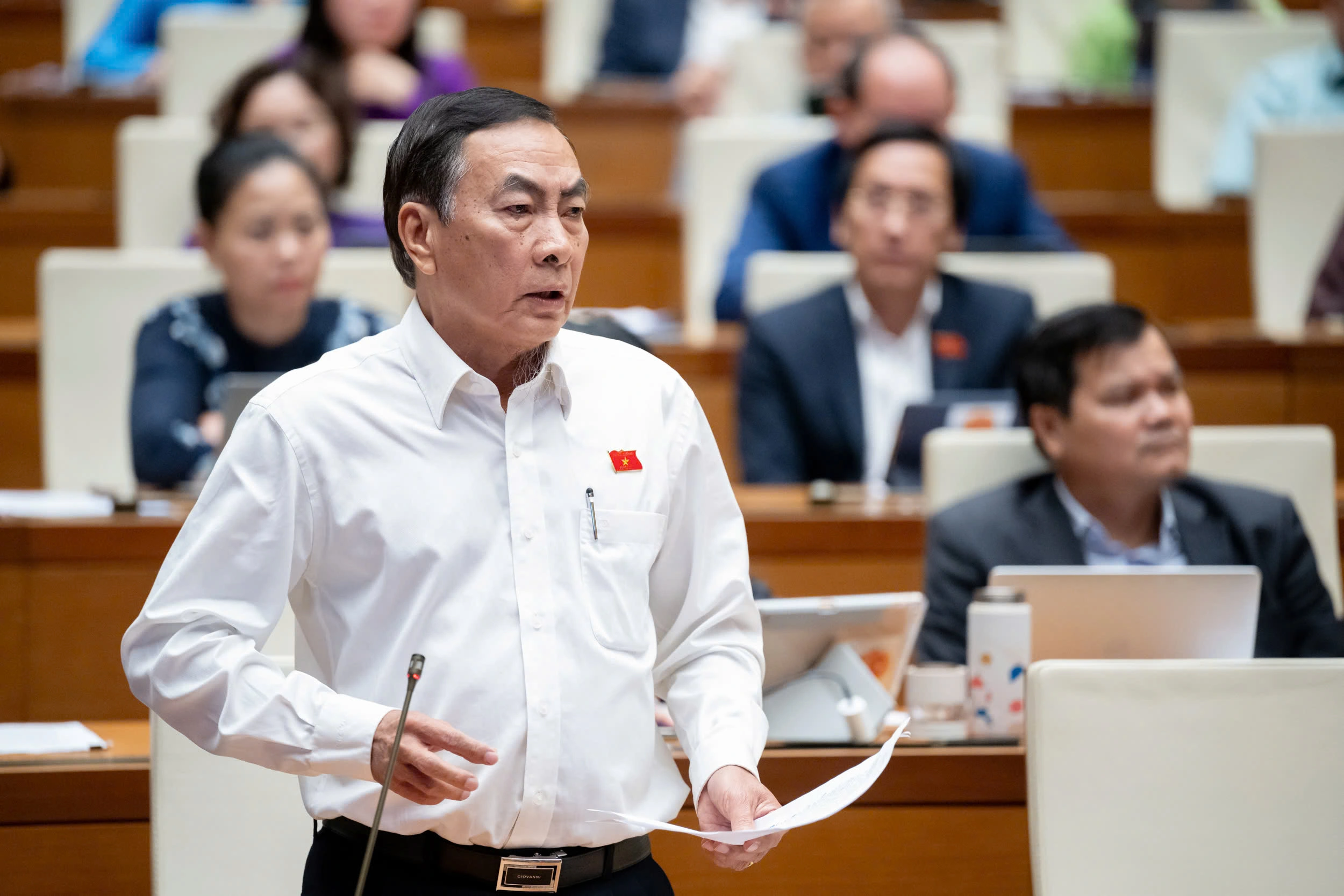
Delegate Pham Van Hoa, Dong Thap delegation
PHOTO: GIA HAN
"It is unreasonable to pay money but not receive it"
Participating in the discussion, delegate Pham Van Hoa (Dong Thap delegation) said that the draft regulation is unfair to workers who are subject to dismissal or disciplinary action for violating the law. “People have paid social insurance, paid unemployment insurance, and paid money, but now they are not allowed to receive it. That is unreasonable,” Mr. Hoa stated his opinion.
The delegate from Dong Thap province said that if unemployment benefits are not provided, laid-off or forced workers will face many difficulties, especially in the context of unemployment. He suggested that the draft law should stipulate the principle of “contribution and benefit”, regardless of any violations committed by workers, they must still receive unemployment benefits.
Sharing the same concern, delegate Dang Thi Bao Trinh (Quang Nam delegation) cited the fact that laid-off workers will find it very difficult to find new jobs, because employers often consider dismissal as a bad record to refuse to hire them.
To ensure the rights of this group, the female delegate proposed to develop a law in which they would still receive unemployment benefits even if they were fired or forced to quit their jobs. At the same time, there should be a control mechanism to avoid discrimination in labor recruitment against workers who have been fired or forced to quit their jobs.
Notably, delegate Dieu Huynh Sang (Binh Phuoc delegation) assumed that after being fired or forced to quit, the employee proves and has a conclusion from the competent authority showing that the decision to fire or force to quit is illegal.
In the above situation, how will the employer's responsibility and the employee's right to unemployment benefits be resolved? In addition, complaints and lawsuits against dismissal or forced termination decisions sometimes take several years, so during this time, will the employee be entitled to unemployment benefits?
In the report examining the draft law, the National Assembly's Social Committee reflected that, according to the provisions of the labor law, employees who are fired or disciplined and forced to quit will not receive severance pay.
To ensure the rights of workers, the review agency recommends that the drafting agency study and consider removing the proposal to not provide unemployment benefits, to create conditions for them to receive them on the basis of the "contribution - enjoyment" principle.
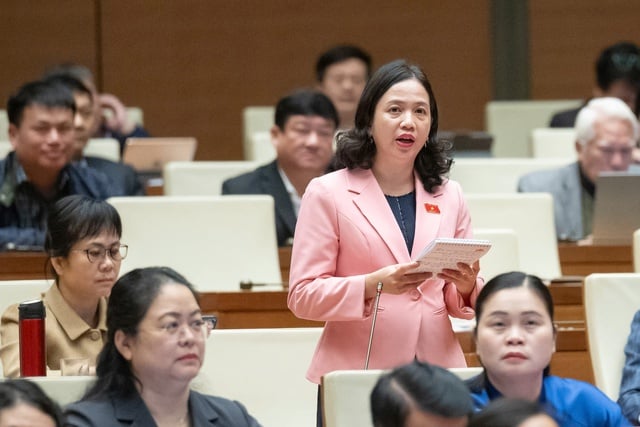
Delegate Dieu Huynh Sang, Binh Phuoc delegation
PHOTO: GIA HAN
Unemployment benefits not enough to cover living expenses?
The draft revised Law on Employment stipulates that the monthly unemployment benefit is equal to 60% of the average monthly salary for unemployment insurance contributions of the 6 most recent months of unemployment insurance contributions before unemployment, but not exceeding 5 times the regional minimum monthly wage.
The period of unemployment benefits is calculated based on the number of months of unemployment insurance contributions. For every 12 to 36 months of contributions, you will receive 3 months of unemployment benefits. After that, for every additional 12 months of contributions, you will receive 1 more month of unemployment benefits, but not exceeding 12 months.
Delegate Dieu Huynh Sang (Binh Phuoc delegation) said that in reality, with monthly unemployment benefits equal to 60% of the average, workers do not have enough to cover their personal living expenses, not to mention their family life.
Besides, the current salary of enterprises participating in unemployment insurance is mostly based on the regional minimum wage, about more than 4 million VND per month, which means the unemployment benefit is only about 2.5 million VND.
Ms. Sang proposed to study the regulation of increasing the monthly unemployment benefit from 60% to 75% of the average monthly salary for unemployment insurance contribution, to suit the reality of life.
At the same time, she proposed to remove the regulation of "maximum of 12 months" on the period of unemployment benefits, implementing the principle of "contributing, receiving and paying to the extent, receiving to that extent, without limit".
Thanhnien.vn
Source: https://thanhnien.vn/bi-sa-thai-se-khong-duoc-tro-cap-that-nghiep-185241127144944546.htm




![[Photo] Moment of love: Myanmar people are moved to thank Vietnamese soldiers](https://vstatic.vietnam.vn/vietnam/resource/IMAGE/2025/4/3/9b2e07196eb14aa5aacb1bc9e067ae6f)
![[Photo] Special relics at the Vietnam Military History Museum associated with the heroic April 30th](https://vstatic.vietnam.vn/vietnam/resource/IMAGE/2025/4/3/a49d65b17b804e398de42bc2caba8368)
![[Photo] Prime Minister Pham Minh Chinh chairs meeting after US announces reciprocal tariffs](https://vstatic.vietnam.vn/vietnam/resource/IMAGE/2025/4/3/ee90a2786c0a45d7868de039cef4a712)
![[Photo] General Secretary To Lam receives Japanese Ambassador to Vietnam Ito Naoki](https://vstatic.vietnam.vn/vietnam/resource/IMAGE/2025/4/3/3a5d233bc09d4928ac9bfed97674be98)
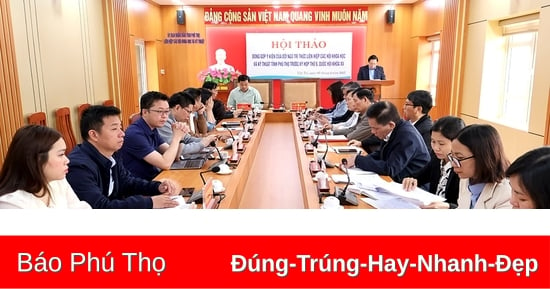


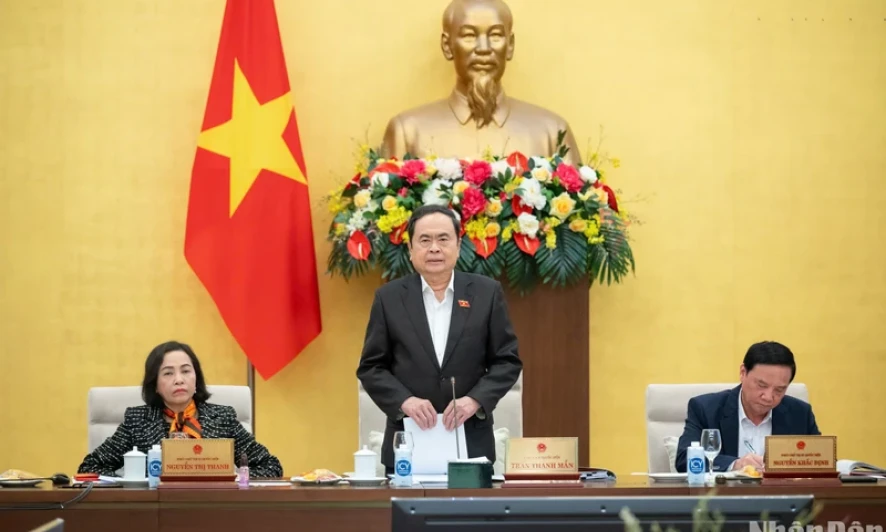




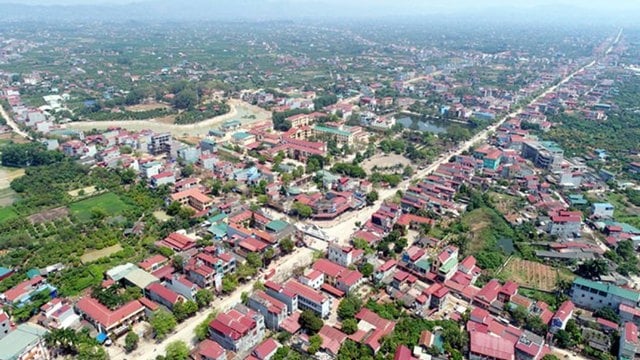

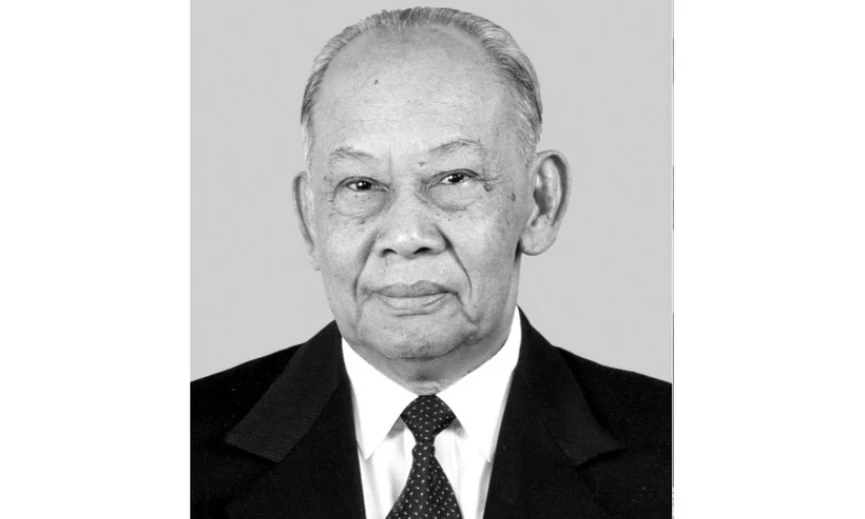
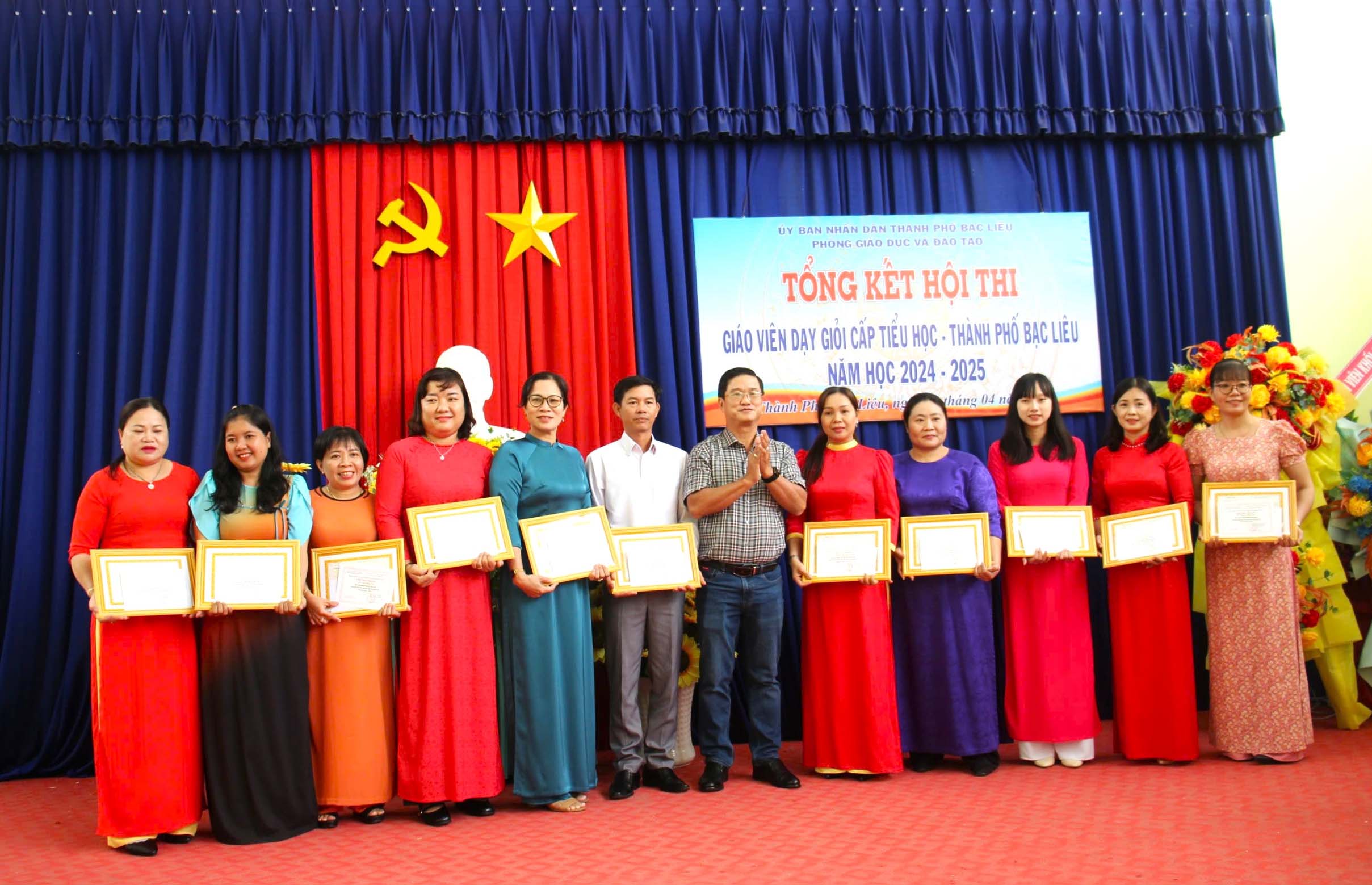

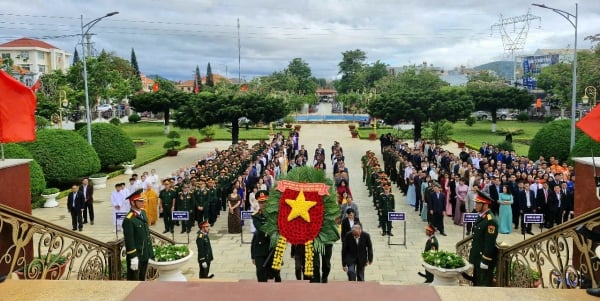









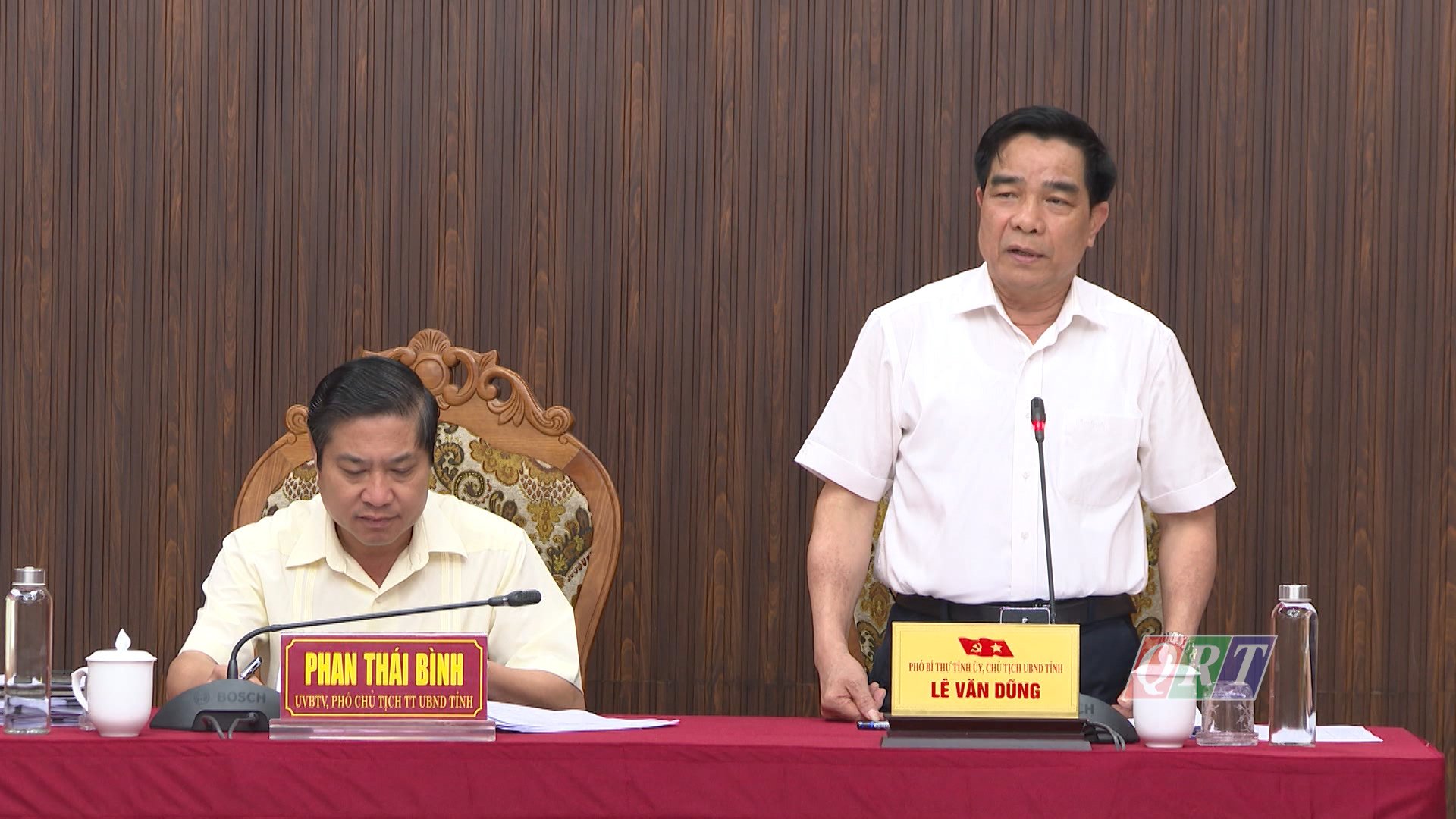
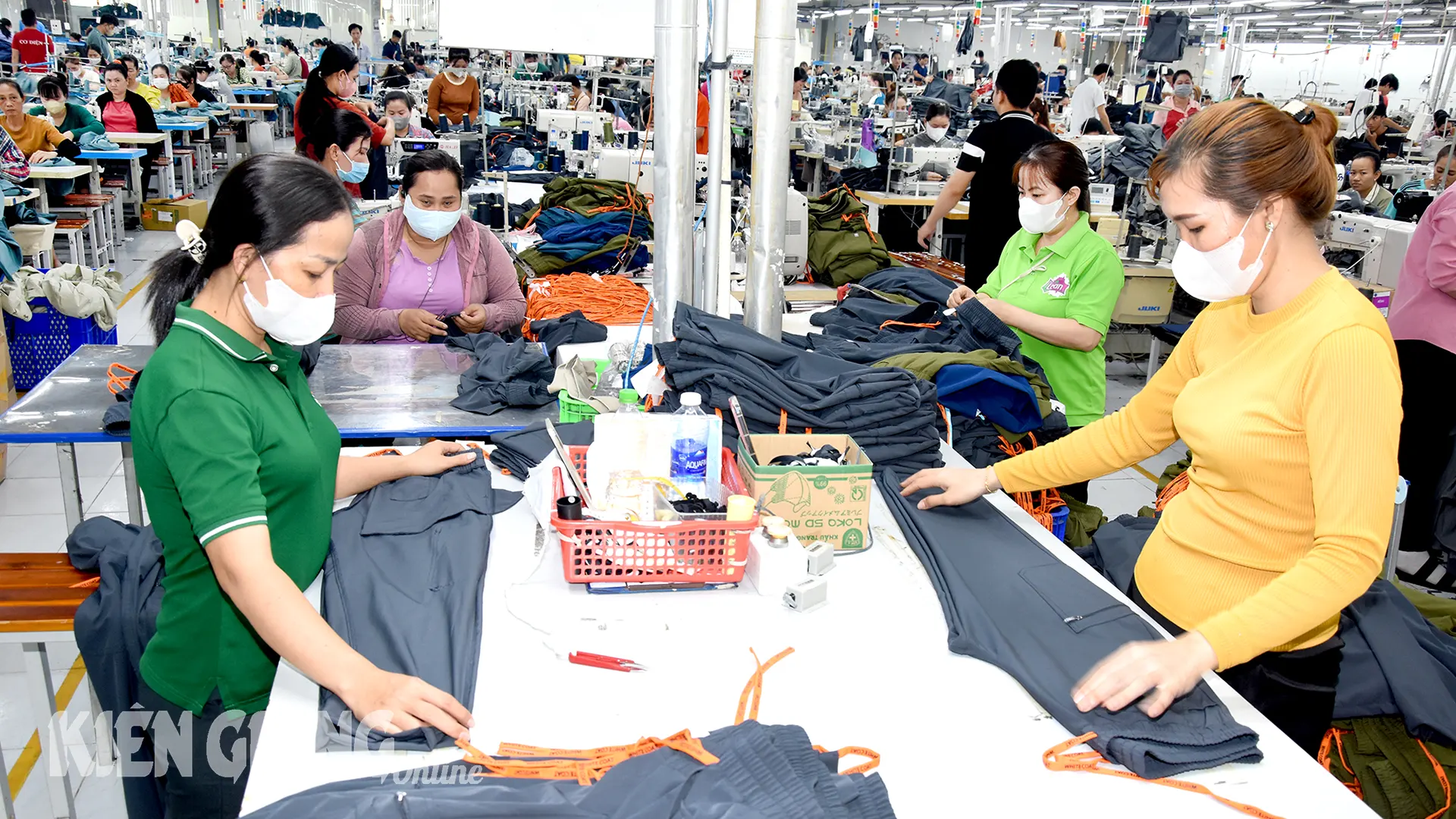





































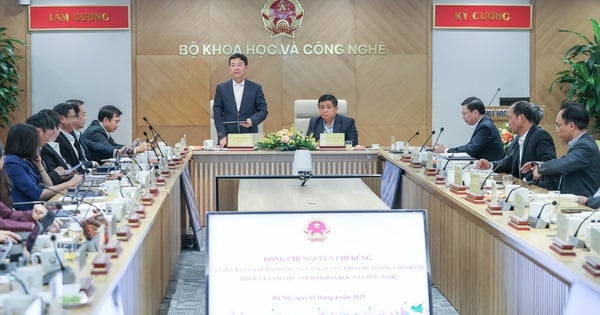




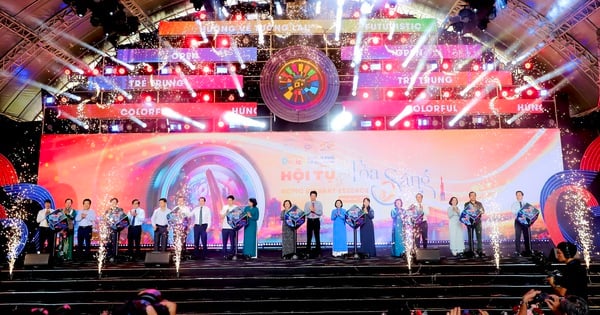



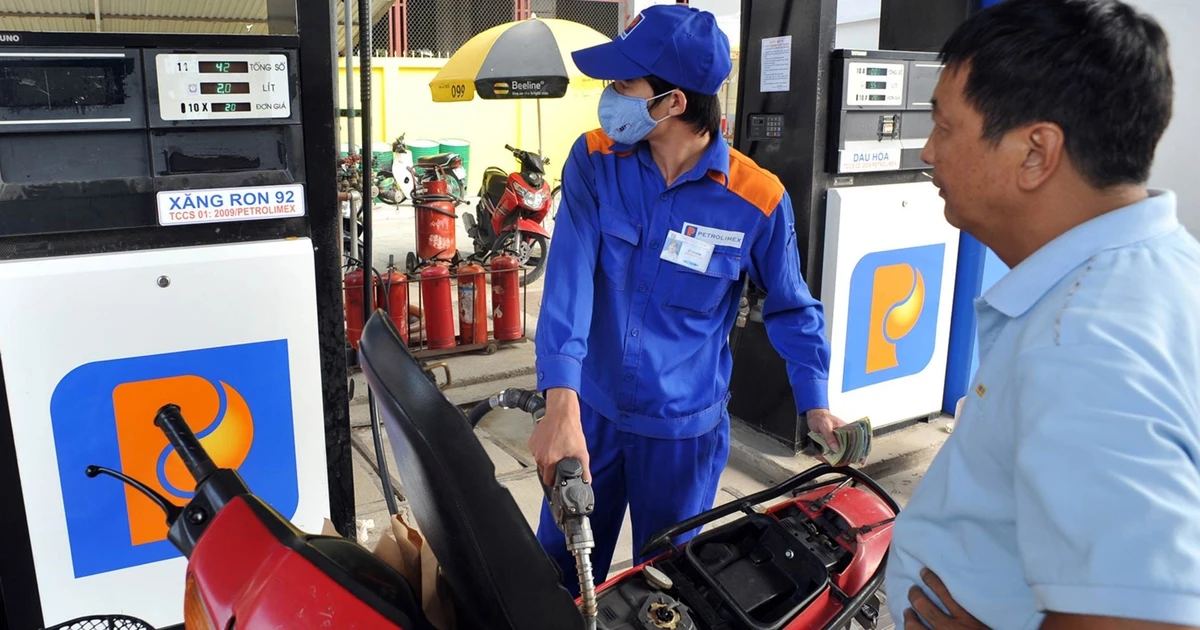












Comment (0)